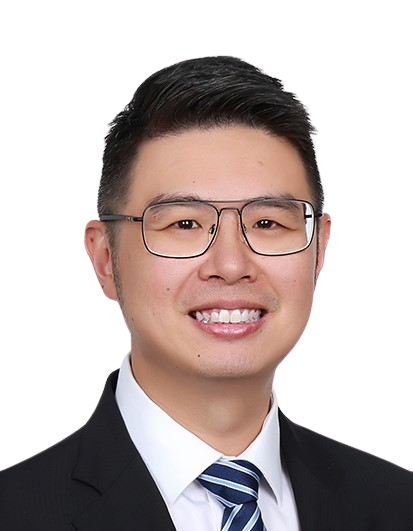
Ronald Tan
Head of Fund Services, Intertrust Singapore
Consolidation in the market is adding to fund managers’ administrative workload and complexity.
The Global Funds industry in Singapore has seen a growing number of mergers and acquisitions (M&A) from both the fund manager and fund administrator’s perspectives.
Although the sector remains robust, capital is more limited than it was two or three years ago. The total raised by APAC-based funds in 2022 fell 43% to USD 105 billion, and general partners generally needed more time to close new funds. The resulting attitude among local investors is to place money with managers with proven track records.
That means established funds continue to grow, but newer managers are finding it more difficult to raise capital. The result is that some smaller managers have been acquired by larger counterparts.
This M&A activity is accelerating a trend that was already evident in Singapore. In Asia-Pacific (APAC), fund administrators tend to be more deeply embedded into the fund lifecycle than might be the case in North America or Europe, providing corporate and capital market services in addition to fund administration.
The recent consolidation of alternative fund managers has created larger, more diverse portfolios, adding to the complexity of administration and making life cycle management even more crucial to a fund’s success.
Singapore’s international appeal
Another trend is creating similar demand. Singapore has long been a hub for international fund managers looking for opportunities in the APAC region, and that role is expanding.
APAC has become a key investment destination as more overseas investors look to diversify their portfolios. Many international managers with an established base in Singapore are scaling up activities or moving into new asset classes.
They’re often exploring investment strategies they may not be familiar with, and are also faced with new and changing regulatory obligations from sustainable finance to AML and CFT. Their investors may also request more frequent and bespoke reporting as strategies become increasingly diverse.
Like the shift to diverse investment strategies, it appears more managers with a background in liquid assets are moving into the illiquid alternatives space, and creating more complex funds and strategies. This is happening alongside a significant rise in the number of private credit funds in Singapore—all of which is increasing the need for third-party services and administration.
In all cases, pursuing growth is driving an increased focus on fund services as managers move away from the strategies they have pursued in the past towards areas that require specialised operational expertise.
Fund administration in Singapore: a complex environment
On top of it all, fund administration is becoming more complex in Singapore. The regulatory environment has traditionally been less stringent than equivalents in Europe or North America, but that appears to be changing.
The trend is towards more oversight rather than less. Investor onboarding is a particular concern for fund managers and their administrators, because complying with know your customer (KYC) and anti-money laundering guidelines is complicated and labour-intensive. Foreign investors, in particular, tend to require considerable guidance and support.
Later in the fund life cycle, the operational burdens of ongoing compliance, investor reporting, and transaction monitoring all add to funds’ administrative load.
Growing pressure on fund managers
Managers may struggle to meet these demands with traditional operational frameworks.
Talent is flowing into Singapore again after borders reopened following the Covid-19 pandemic, but specialist expertise in private equity administration, for example, is considered hard to find and expensive to hire.
For overseas managers especially, building an operations team from the ground up can be a major undertaking and a significant brake on growth.
Nor is there a one-size-fits-all technology solution that covers a spectrum of liquid and illiquid asset classes, so in this area costs rise quickly as strategies become more complex.
At the same time, the consolidation of funds through M&A has thrown together disparate systems and processes, creating complex and unwieldy in-house functions.
This all comes at a time when there is an onus on fund managers to optimise processes and reduce costs in a challenging market. Current trends are making that more difficult to accomplish.
For local and overseas managers scaling up and expanding their focus, the limitations of in-house only operations are a strong consideration. As shown in our Halo Framework report, managers are increasingly turning to outsourced fund administration to help them navigate a smoother path through the full fund life cycle. Based on the report’s survey, only 7% of managers plan to retain a fully in-house model.
Why Intertrust Group?
- CSC completed its acquisition of Intertrust Group in November 2022. Together we offer a global solution for subsidiary governance, fund strategies, and capital markets transactions, with tools to help fund managers navigate the ever-changing compliance and regulatory environment that they face. With capabilities in more than 140 jurisdictions, we are able to do business wherever our clients are—and we accomplish that by employing experts in every business we serve.
- As a strategic partner, our proprietary innovative technologies are combined with global knowledge and experience to deliver added-value services catering for all asset classes, while increasing manager visibility of portfolios on behalf of a fund’s investors.
- Our expert teams harness tools and cutting-edge technologies to eliminate costly errors in the handling of fund administration and corporate actions, investor relations, and portfolio management.